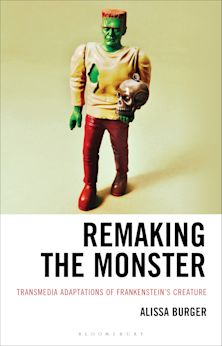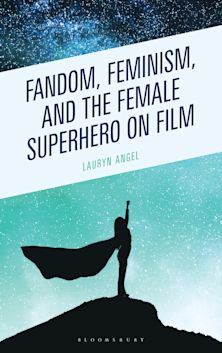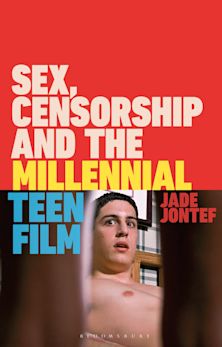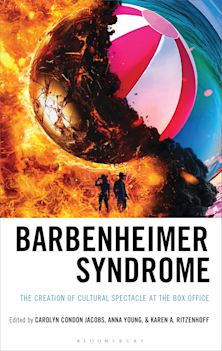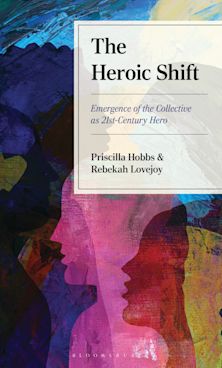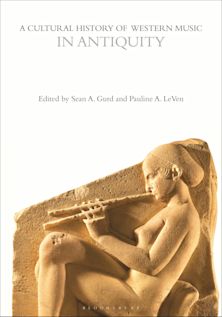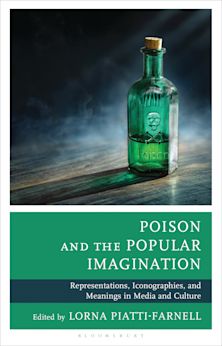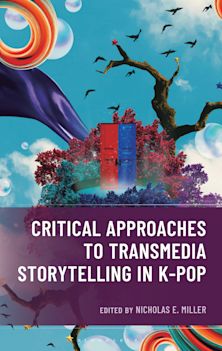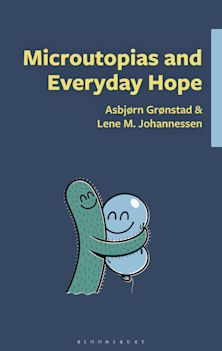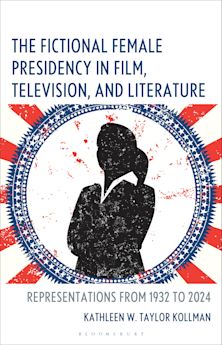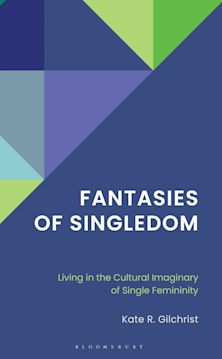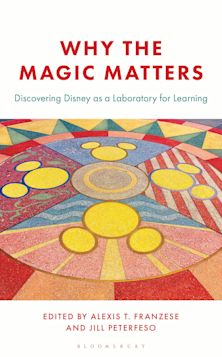The Good Life and the Greater Good in a Global Context
The Good Life and the Greater Good in a Global Context
Description
The Good Life and the Greater Good in a Global Context offers a timely contribution to the debates about the good life that surround us every day in the media, politics, the humanities, and social sciences. The authors’ examine the relationship between the good life and the greater good as represented across different genres, media, cultures, and disciplines. This enables them to develop a framework of values that transcends the overly rational and individualistic model of the good life advanced by neoliberalism and the “happiness industry.” Thus, over and against normative conceptualizations of the good life that reduce meaning to money, creativity to consumption, and compassion to self-help, the contributors propose an ethically charged philosophy of living that views the care for the self, for the other, and for the planet as the catalysts of true human flourishing. In addition to recovering the original usage of “the good life” from classical thought—especially the Aristotelian understanding of eudaimonia as living well and doing well—the essays gathered here highlight its entanglement with distinctly modern ideas of happiness, wellbeing, flourishing, progress, revolution, democracy, the American Dream, utopia, and sustainability. As such, the essays capture the breadth and depth of the conversation about the good life that is of central importance to how we relate to the past, engage the present, and envision the future.
Table of Contents
“Introduction: Mapping the Global Imaginary of the Good Life,” by Laura Savu Walker
Falling Short: What the Good Life Is NotFinding Other Ways: What a Good Life Can Be Chapter-by-Chapter OverviewChapter 1: “The Stoic Muse: Clues to the Good Life in English Poetry,” by Laura Inman.
Chapter 2: “‘Raising the Sun’: Same-Sex Love, the Good Life, and the Greater Good in the Poetry of Ellen Bass,” by Lisa Hoffman-Reyes.
Chapter 3: “‘Can I Breathe This Rarer Air?’: Exploring the Good Life in the Plays of Susan Glaspell and the Camps of the Occupy Movement,” by Susan Gorman.
Chapter 4: “Rethinking Utopia for the Twenty-First Century: The Good Life after Occupy and the Arab Spring,” by Joseph Donica.
Chapter 5: “Capturing Amae: Why Tragedy Matters and What It Still Offers,” by Jeremy Killian
Chapter 6: “Territorializing the Good Life: Fetishism of Commodity and Homeland in Nicole Krauss’s Great House,” by Laini Kavaloski.
Chapter 7: “The Mogul Ethos and the American Dream in Contemporary Mainstream Rap,” by Jamila M. Kareem.
Chapter 8: “The Gift of the Good Life: Anchor Babies and Asian Adoptees,” by Jenny Heijun Wills.
Chapter 9: “The Gaps in the Wall: The Enemy within Gish Jen’s American Dreams,” by Joseph George.
Chapter 10: “From Money to Meaning: The Pursuit of ‘Fundamentals’ in Mohsin Hamid’s How to Get Filthy Rich in Rising Asia,” by Laura Savu Walker.
Chapter 11: “Courageous Play: An Ethical Practice for the Good of (Digital) Culture,” by Katherine Hanzalik.
Chapter 12: “Making the Good Life: Cultivating Green Citizenship in Shakespeare’s Cymbeline,” by Patrick Crapanzano.
Chapter 13, “Denaturing the Human Conceit for the Greater Good: An Ecocritical Perspective,” by Ron Milland.
Bibliography
About the Contributors
Product details
| Published | 19 Nov 2015 |
|---|---|
| Format | Ebook (Epub & Mobi) |
| Edition | 1st |
| Extent | 322 |
| ISBN | 9781498522335 |
| Imprint | Lexington Books |
| Publisher | Bloomsbury Publishing |












